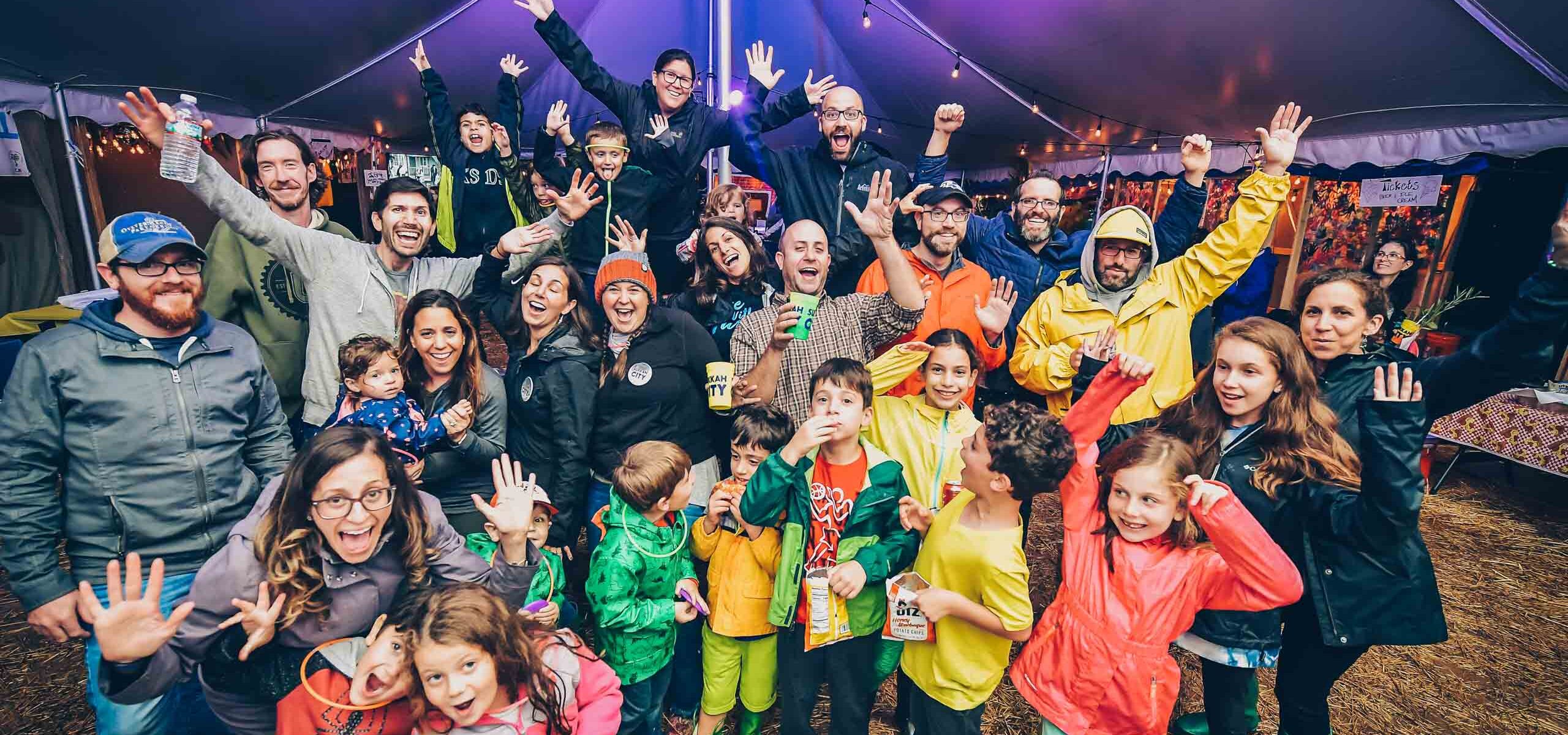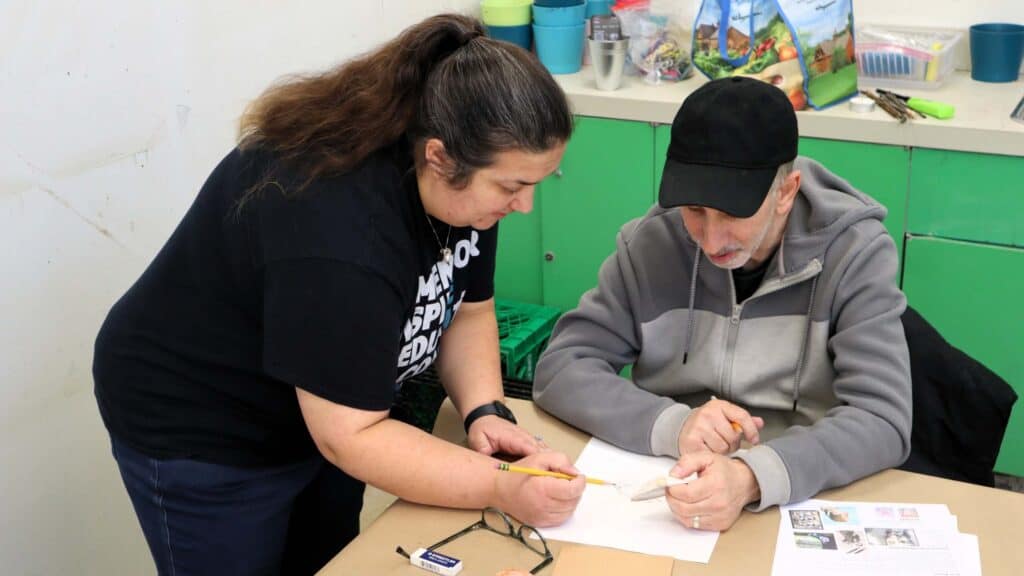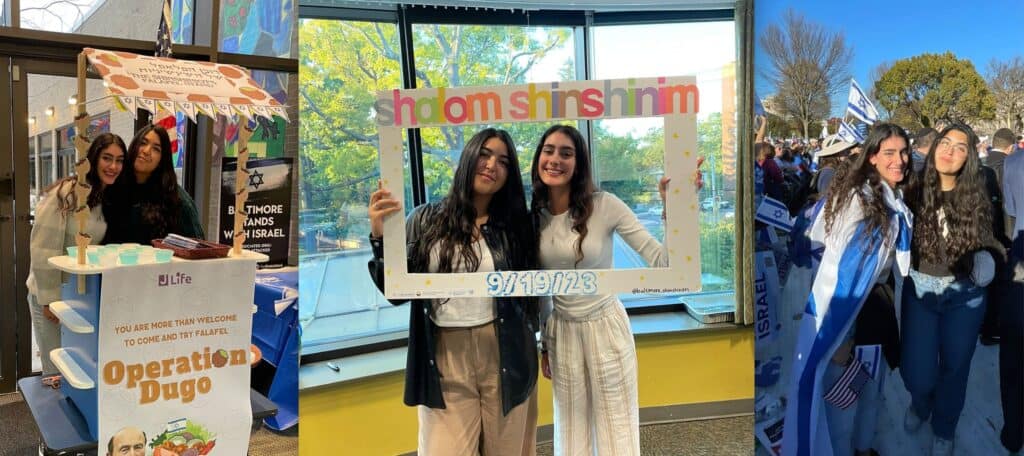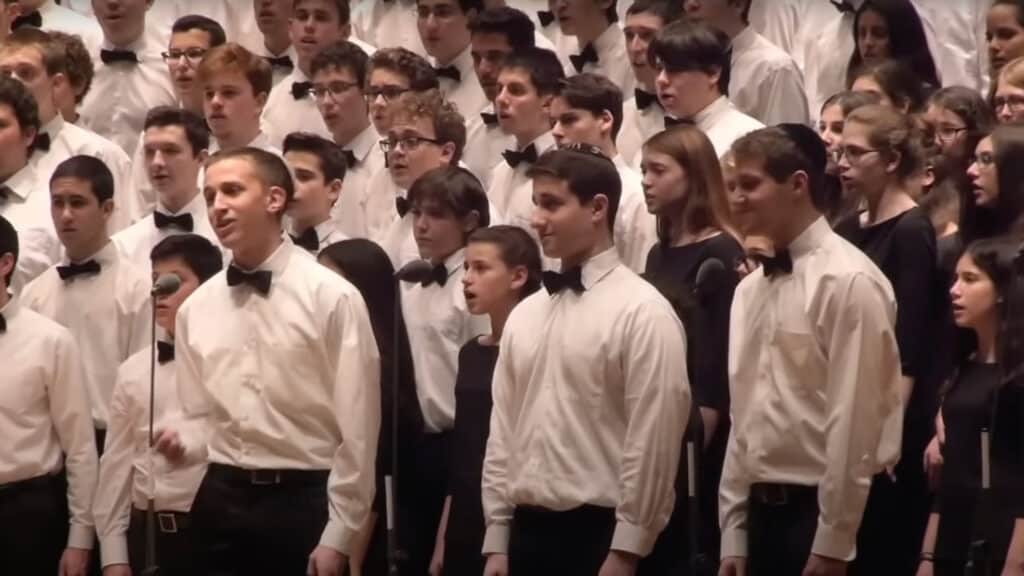Building Characters
Child Actors Take to the Stage in Seussical the Musical

Beginning Thursday, May 19, the J’s Children’s Theater Production Company will bring to life your favorite Dr. Seuss characters, including Horton the Elephant, The Cat in the Hat, Gertrude McFuzz, and lazy Mayzie, in the fantastical, magical Seussical the Musical.
You won’t want to miss this event, as the J’s child actors take on colorful characters and will transport you from the Jungle of Nool to the Circus McGurkus to the invisible world of the Whos.
Taking part in a big production has an enormous impact on children. Character acting, singing, and dancing instills confidence, teaches children how to receive constructive criticism, and imparts great lessons about problem solving, perseverance, and focus.
Seussical director CJay Philip says, “Over the years I have seen so many children develop self-confidence and self-awareness as they search their own feelings, preferences and emotions to relate to and develop characters or personas in a performance. Working on performance projects quickly bonds a group as the children develop friendships with other kids in the arts.”
According to Amy Hott, the mother of Seussical actor Nicholas Somerville, Nicholas has gained “more self-confidence in everything he does. He enjoys the singing, the dancing, and especially being part of the whole group.”
“Children receive feedback in many creative ways: words, sounds, signs, smiles, eye contact,” says Philip. “Very much like team sports, the performing arts typically have a coach that children look to and other teammates to work with and spur them on to victory. Directors, creative teams and fellow students all play a role in the positive feedback and helpful criticism of a young performer.”
Hott explains that her son Nicholas has been much more open to receiving constructive criticism from the director and others in the Seussical setting, and is hopeful that will translate to other areas as well.
She also says that “Being a part of the JCC production is a big time commitment for all the children involved.”
“There are conflicts to work through, decisions to be made and time management issues to address. Nicholas understands the importance of being at all the practices and has even made many decisions on his own to put the commitment to Suessical above sports and other events.”
Director Philip explains that “Most arts programs have a beginning, middle and end, and even if young people approach them with enthusiasm and wonder, at some point they realize the arts are called disciplines for a reason. It is then that kids really learn how to push through with the guidance and support of a creative team. Problems are opportunities to find creative solutions. The old saying, ‘the show must go on’ implies you must find a way to make it happen in-spite of the obstacle, and that requires teamwork and focus…which, in turn, is richly rewarded in applause.”
Asked if Nicholas had to be a “natural” actor to enjoy the performing arts, Hott replied “Not at all! There are so many roles in musical theater and other performing arts for everyone. It’s a wonderful experience that exposes you to so many different types of people and situations.”
Gabe Lewin, Director of the JCC’s Habimah Arts Camp, also believes training in the performing arts affects a child’s development in many ways.
According to Lewin, “Children learn through exploration and doing. They grow with experiences. Performing and visual arts allow students to explore aspects of themselves that are, unfortunately, not always nurtured at school.”
“The performing arts are expressive and allow kids to really tap into unknown reservoirs of talent which help them to see new parts of themselves. Plus, it’s really fun and children thrive on positive experiences.”
Lewin laments the fact that we live in a social media world now that has kids “thirsting for attention and self-promotion, and the only feedback allowed is misplaced praise or harsh negativity.”
“In performing and visual arts,” he says, “the feedback is about how we can grow together in the art. This means that feedback is constructive (which means to build the campers up) which aids in building resilience.”
Partaking in any form of art, Lewin explains, is “about trying to work together to improve upon a group building. As ensemble members, campers will learn to value each other’s importance in the overall goal of the whole group effort.”
“I have seen the most timid campers — campers who didn’t want to do anything — slowly but surely rise up to their utmost potential. When a camper emerges in a dance that they couldn’t quite get the steps to or learns the words of a song or gets to perform for the whole camp and experiences the positive energy of the crowd their faces beam with joy. That’s what keeps me coming back to camp.”
Buy tickets to Seussical the Musical: May 19, 2016 at 7:00pm and May 22, 2016 at 2:30pm & 6:30pm







